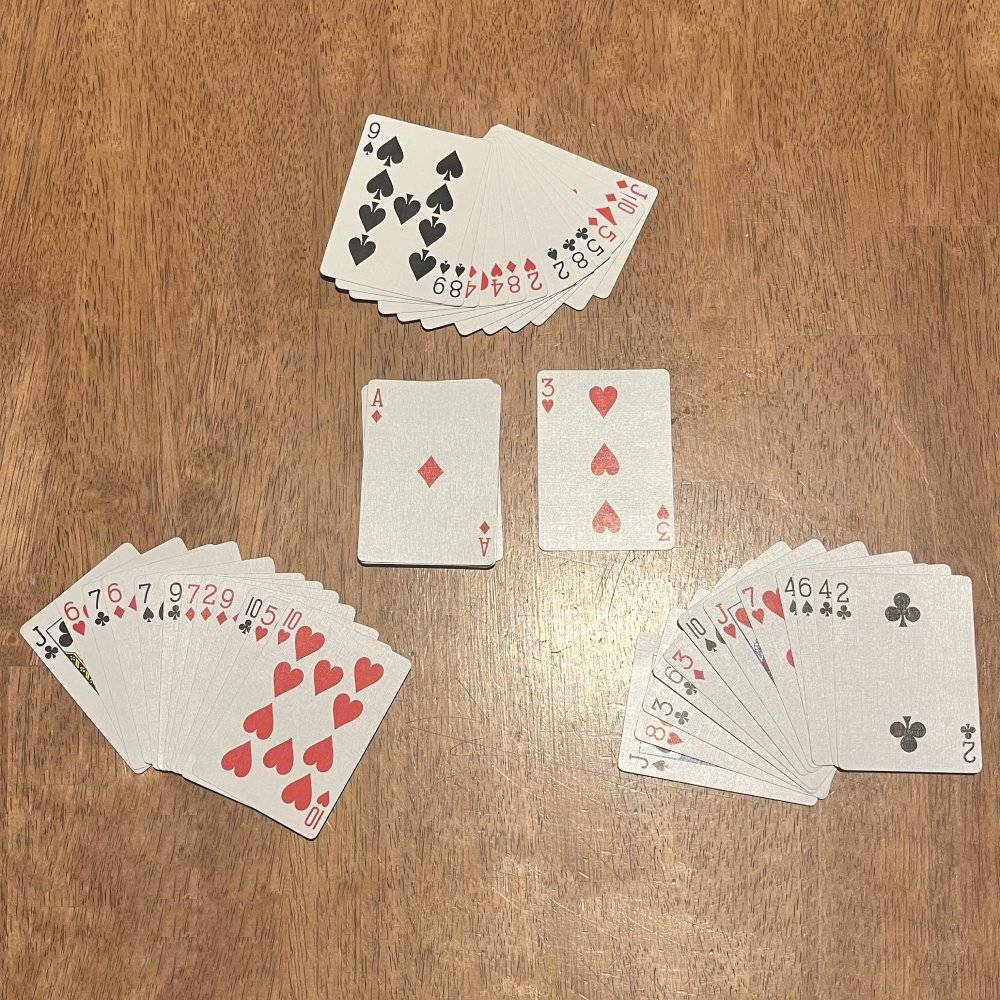
TRICK-TAKING
Enchère Heuristics
Enchère is a game conceived during my first meeting with Dr. Goadrich. There, I was assigned my first goal of research: to create games in the RECYCLE language and become...


Enchère is a game conceived during my first meeting with Dr. Goadrich. There, I was assigned my first goal of research: to create games in the RECYCLE language and become...


Enchère ` (game (declare 3 ‘NUMP) (setup (create players ‘NUMP) (create teams (0) (1) (2)) (create deck (game iloc CASH) (deck (RANK (TWO, THREE, FOUR, FIVE, SIX, SEVEN, EIGHT, NINE,...


Welcome back to the CardStock blog! It has been a few years since the last update on LAMA, so I’ll catch you up on what’s been happening with the CardStock...

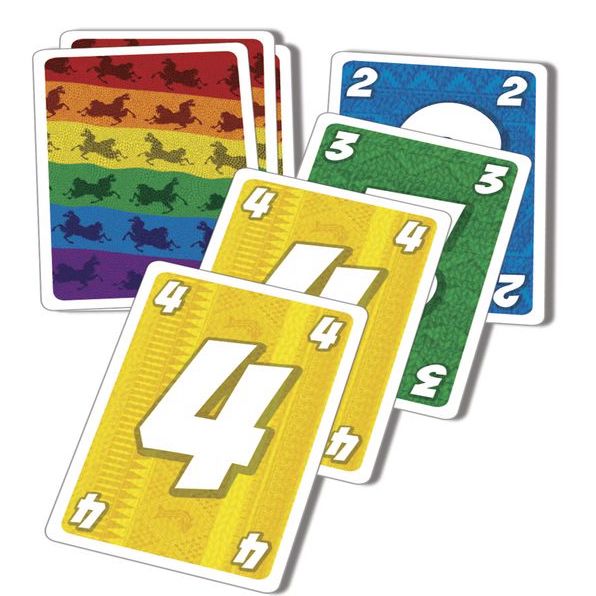
LAMA is now coded in RECYCLE, so we are ready to begin our simulations in CardStock with both random and AI players. As before, to gather statistics for this post,...


Quick detour from LAMA! One of the reasons I’m writing this blog is to finally process the results of our CardStock system. And sometimes that means discovering some bugs and...

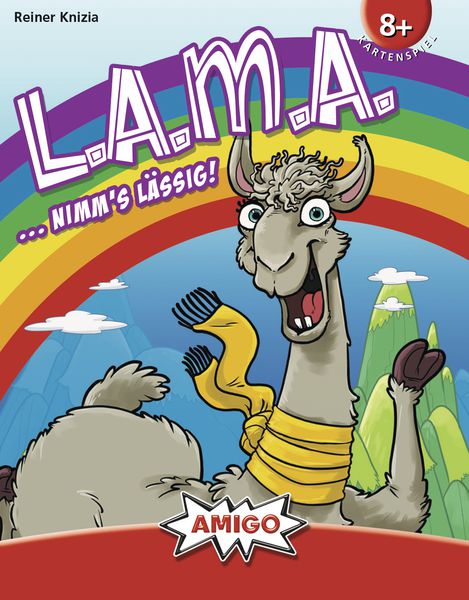
Our sixth game for analysis is a new shedding game, L.A.M.A by Reiner Knizia and AMIGO Games. LAMA was just nominated for the 2019 Spiel Des Jahres, one of the...


Our last post on Hearts showed that the Shoot The Moon strategy can actually be a viable option, with 9% of the simulations resulting in players collecting every penalty card....

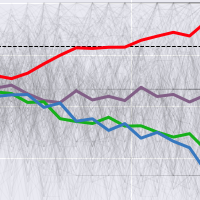
Before we get to the Hearts variants I promised, I realized I needed to spend some time thinking carefully about how to better visually compare and contrast the games I...


It’s graph time! I really love these graphs, since the lead histories for Hearts visually show some very interesting properties of the game! Given our statistical analysis of Hearts, let’s...


Time for a new heuristic! For each game analyzed so far, I’ve been able to say that AI players can win against random players, demonstrating there is some strategy in...


The standard game of Hearts is coded in RECYCLE, so we can start up our simulations in CardStock with both random and AI players. As before, to gather statistics for...


Our fifth game for analysis is a classic trick-taking game, Hearts! Hearts, and its family of trick-taking games, focus on avoiding tricks rather than collecting them, making them a nice...


Stealing Bundles mixed up a repeated deal and matching mechanics, with some timing and competition for the other player’s points. Given our statistical analysis, let’s see how it scores on...


With the basic Stealing Bundles coded in RECYCLE, it is time to run many simulations in CardStock with both random and AI players. As before, to gather statistics for this...


For our fourth game, we will look at Stealing Bundles, an easy game from the fishing genre of card games. Fishing games are popular all over the world, and Stealing...


Bonus post! To fully test a few of the observations in the last post related to the Kings, I coded up a four-player version of Ninety-Eight that changed the value...

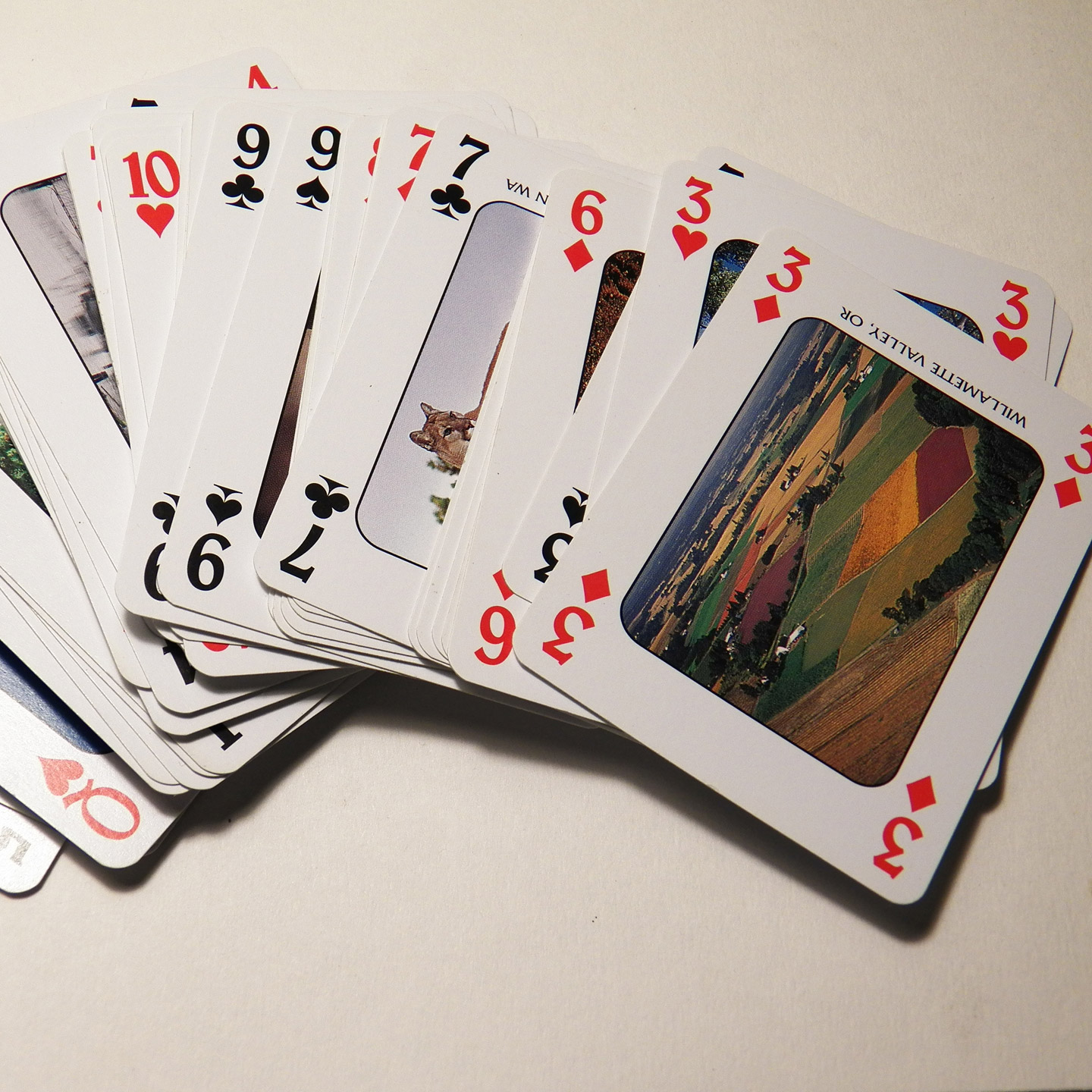
Ninety-Eight is looking like a quick game with some strategy for the players and a consistent number of choices, given our previous statistical analysis, Now let’s see how it scores...

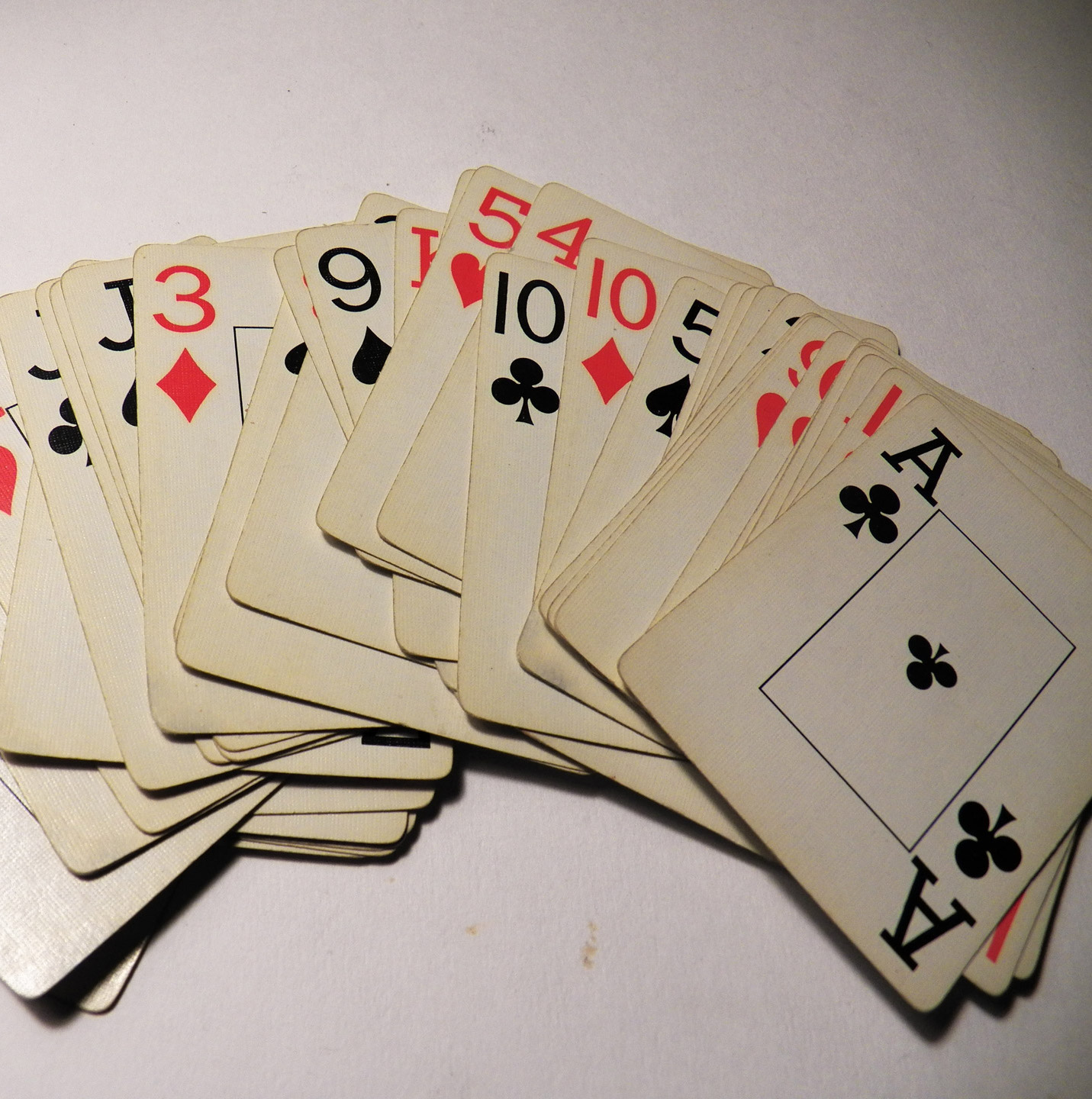
With the basic Ninety-Eight coded in RECYCLE, it is time to run many simulations in CardStock with both random and AI players. To gather statistics for this and the next...


For our third game, we will look at Ninety-Eight, a simple game from the adding genre of care games, which also includes Cribbage. Sometimes called Ninety-Nine, this game is alternately...

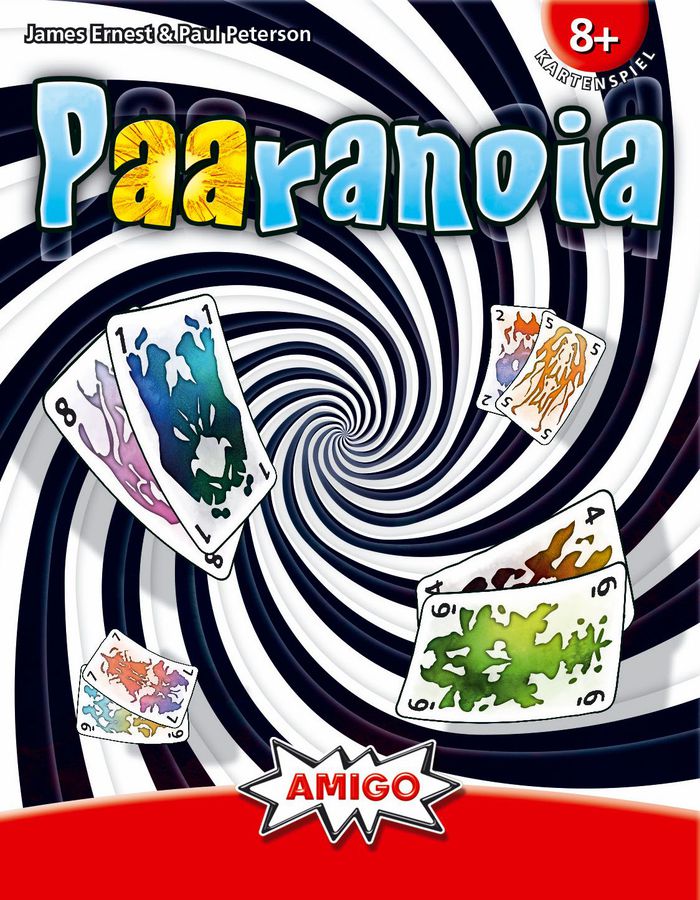
It’s been a month since the last post (I’m slowly realizing this will blog not be as regular as I hoped) but some of my other work is wrapping up,...

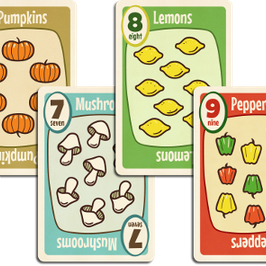
Now that Pairs is coded in RECYCLE, we can run many simulations in CardStock with both random and AI players. To gather statistics for this and the next post on...

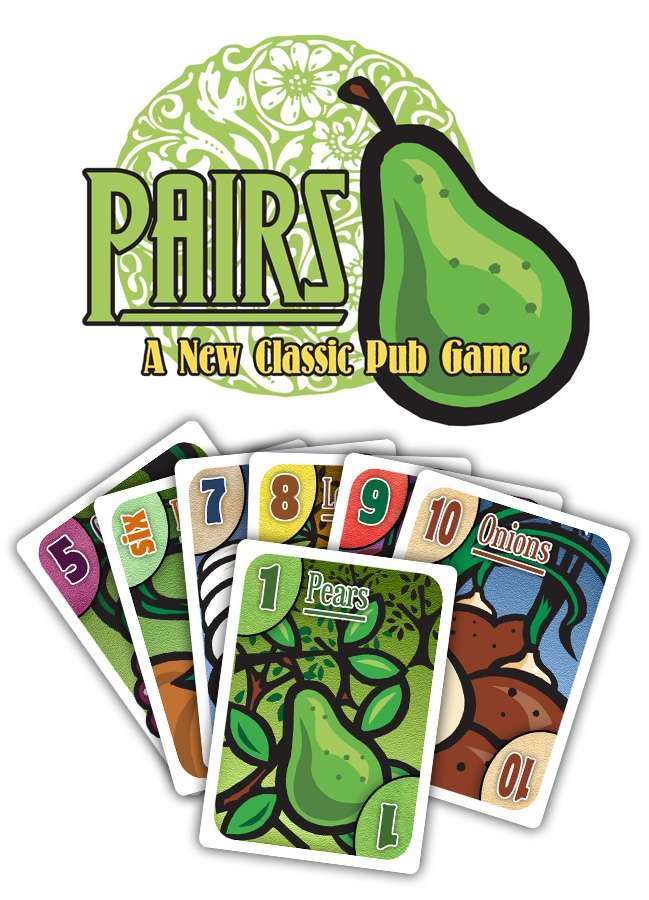
For our second game, Pairs, we move away from the trick-taking of Agram to a different genre, and switch up the player goal from winning tricks to avoiding points. These...

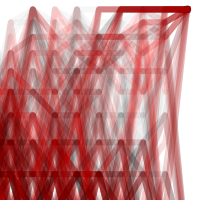
With our heuristics overview complete from the last post, let’s see how Agram scores on Fairness, Convergence, Spread, Drama, and Security. Some of the following graphs should look familiar, as...


Before we dive into more details on Agram, I thought it would help to step back and talk about heuristics. If we want to know how it feels to play...

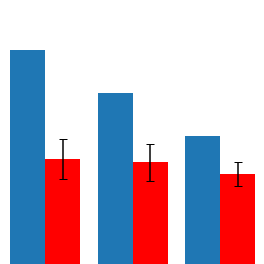
With Agram coded in RECYCLE, we can run many simulations in CardStock with both random and AI players to try and understand how the game works. Random players make a...


When we started the CardStock project, we began with games that were short enough to quickly run simulations, yet allowed for elements of skillful play. Agram, a simple Nigerian trick-taking...

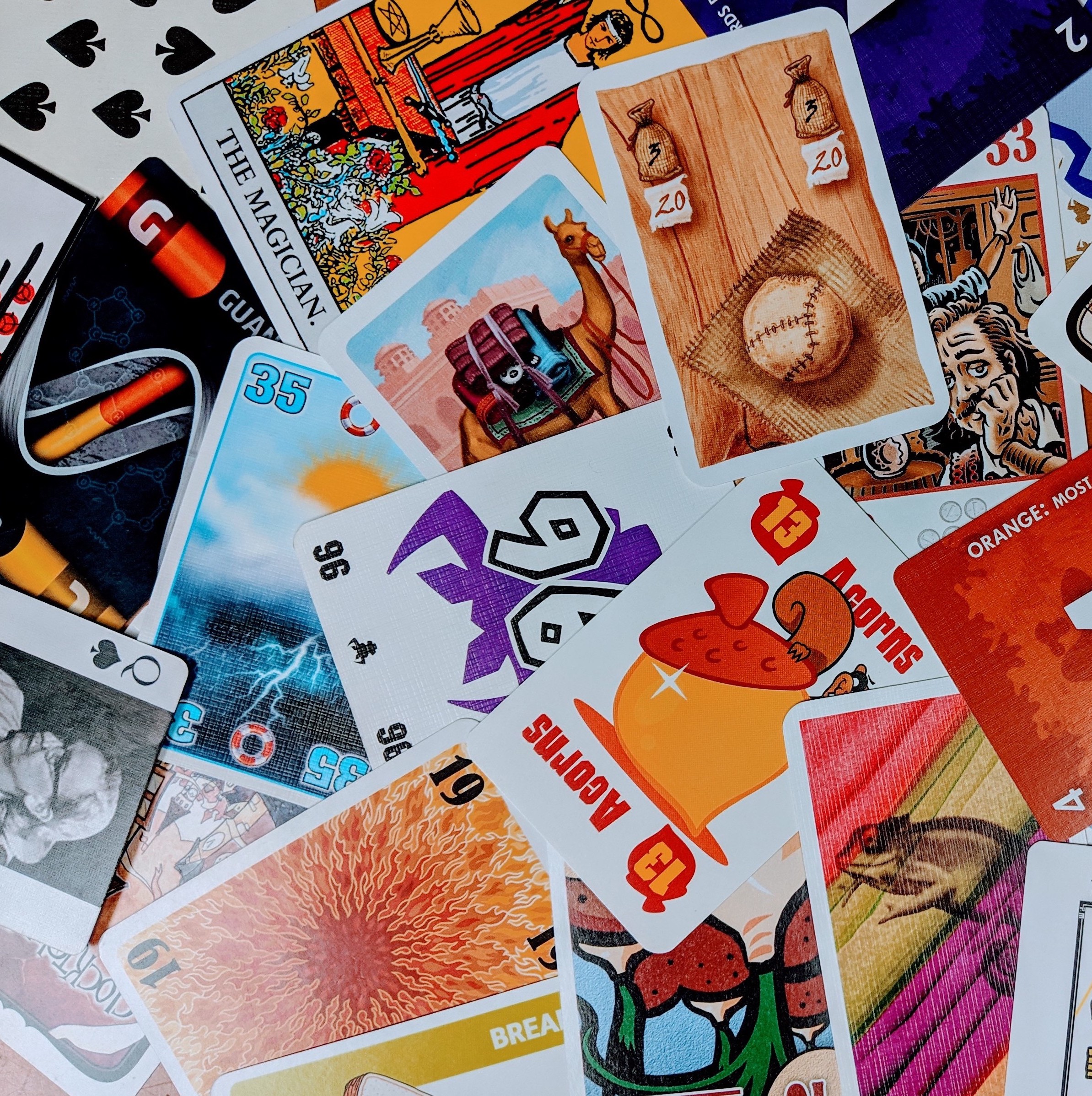
Welcome! I’ve always been fascinated with card games. Both sides of my family would routinely play games when we gathered, with our favorites being Euchre, Tock, Louse Your Neighbor, and...

The Shape of Card Games is an attempt to quantify the mechanics, genres, strategy, and tactics found across many different types of card games. Each week, we'll discuss a different game, showing how the rules can be captured with RECYCLE and simulations with both random and AI players in Card Stock can sketch out the heuristics of the game.